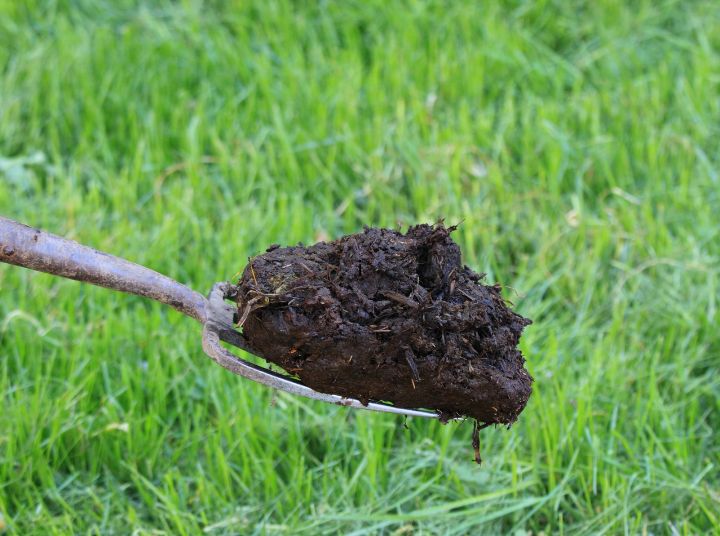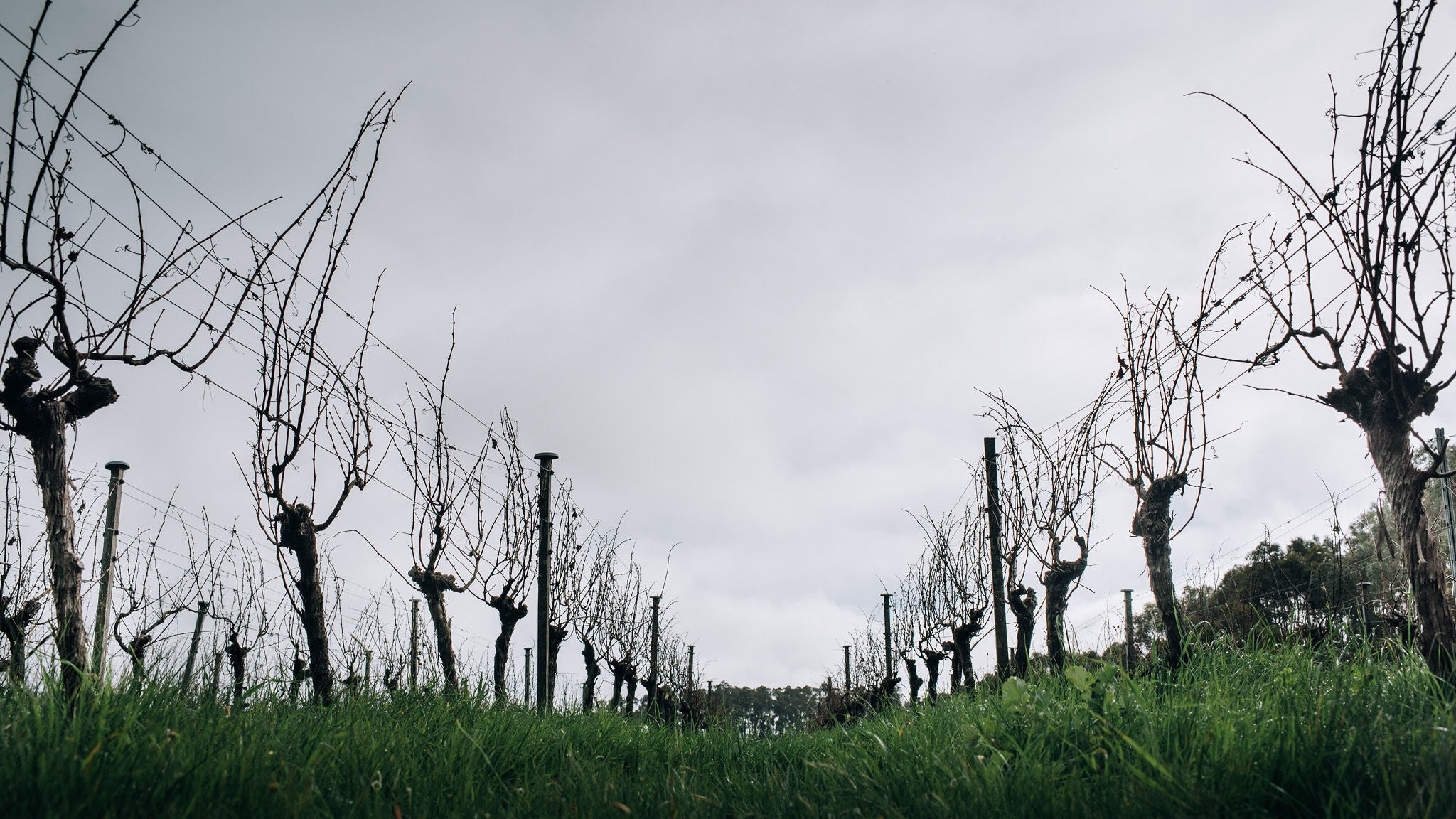Introduction
Australia's varied climate, which covers deserts to temperate coastal zones, poses unique challenges for farmers and gardeners. Growing healthy plants requires maintaining healthy soil, particularly in areas that are vulnerable to heat waves, drought, and nutrient shortages. More Australians are now switching to organic garden fertilisers to naturally replenish their soil, encouraging sustainable gardening practices.
Unlike chemical fertilisers that offer quick fixes but long-term damage, organic options work in harmony with nature. They boost microbial life, enrich the soil, and increase resistance to harsh weather conditions. For environmental protection and to future-proof their gardens,(not so surprisingly) many Australian gardeners are prioritising organic fertilisers.
Australian Climate & Common Soil Challenges
Australia’s soil is as varied as its landscapes - but many regions share similar problems:
1. Sandy and Dry Soils
Sand soils predominate in a large portion of Australia's coastal and interior regions. These soils:
-
Drain water too quickly
-
Have Insufficient organic matter.
-
Struggle to retain nutrients.
Because of this, it is challenging for plants to establish strong root systems or obtain the nutrients they require for growth.
2. Severe Heat and Draught
Prolong dry spells and high temperatures can
-
Kill beneficial bacteria
-
Harden the top layer of soil
-
Reduce the capacity to retain water
Under severe circumstances, even fertile soils can deteriorate, resulting in poor plant performance and increased erosion.
3. Soil Salinity and Acidity
Soil acidity and salinity are increasing in some areas, particularly those with intensive agriculture. This can:
-
Reduce the intake of nutrients
-
Endanger the root systems
-
Reduce crop yields
Organic solutions offer a way to restore balance and vitality to these stressed soils.
What is Organic Fertiliser & How It Helps
Natural substances obtained from plants, animals, or mineral sources are known as organic fertilisers. Organic fertilisers nourish the soil instead of simply the plant, in contrast to synthetic fertilisers, which are produced chemically.
Why organic fertiliser is good for your soil:
-
Makes Soil Soft and Healthy - Organic fertiliser helps soil stick together in a nice, crumbly way. This makes it easier for air to get in and for plant roots to grow strong.
-
Adds Good Microbes to the Soil - Healthy soil is full of tiny living things that help plants grow. Organic fertiliser feeds these helpful microbes so your garden stays full of life.
-
Helps Soil Hold Water - Organic materials act like sponges. They soak up water and keep it in the soil longer - especially helpful in dry areas like much of Australia.
-
Safe for Everyone - No harsh chemicals means it’s safe for your plants, your pets, and the environment. You won’t have to worry about harming your garden or nearby waterways.
Whether you're growing veggies, flowers, or native plants, switching to organic garden fertiliser is a win-win for your garden and the environment.
The Best Organic Fertiliser for Vegetable Gardens
Vegetable gardens need rich, balanced soil to produce healthy, flavourful crops. Here are some of the best organic fertilisers for vegetable gardens that Australian gardeners swear by - now available from Soil Dynamics:
1. Compost-Based Fertiliser
Made from decomposed kitchen scraps, garden waste, and manure, compost is a powerhouse of nutrients.
-
Adds organic matter
-
Improves soil texture
-
Encourages microbial activity
Compost is ideal for root vegetables, leafy greens, and tomatoes. Another reason is that it makes a great base for building long-term soil fertility.
2. Worm Castings
Composting worms produce nutrient-rich droppings called worm castings, often known as vermicompost.
-
Contains bacteria and enzymes that are useful.
-
Increases seed germination and plant immunity
-
Worm castings are mild yet efficient, making them ideal for seedlings and fragile crops.
3. Seaweed-Based Fertiliser
Derived from kelp and other marine plants, seaweed fertiliser is packed with trace minerals and growth hormones.
-
Stimulates root development
-
Improves stress tolerance
-
Enhances flavour and yield
Seaweed is especially useful during hot spells or when plants are under stress.
4. Manure-Based Fertiliser
Chicken, cow, and sheep manure - when properly aged - offer a nitrogen-rich boost.
-
It encourages the development of leaves
-
Adds a lot of organic matter
-
Enhances soil tilth
Use a little and mix it into the soil so it doesn't. These choices not only nourish your vegetables but also gradually enhance the health of your soil. Organic fertilisers increase soil fertility and resilience from season to season, in contrast to synthetic fertilisers that break down soil structure.
Choosing the Right Organic Fertiliser
With so many products on the market, how do you choose the right one for your garden?
Store-Bought and Premium Blends
Store-Bought Options Brands like Hortico organic garden fertiliser offer accessible, ready-to-use blends. These are useful for beginners and small gardens. They typically include composted materials, seaweed extract, and trace mineralsharm young plants. Soil Dynamics composted blends help balance manure application safely.
Premium Blends: Higher-end products may include:
-
Specific microbe cultures
-
Slow-release organic nutrients
-
Custom mixes for vegetables, flowers, or natives
These are ideal for serious gardeners or those dealing with challenging soil conditions.
What to Look For When You Buy Organic Fertiliser in Australia
-
Certified Organic: Look for products approved by Australian organic certification bodies.
-
Ingredient Transparency: Choose fertilisers that list their components.
-
Application Instructions: Ensure the product suits your garden type and plant needs.
-
Environmental Impact: Opt for packaging that’s recyclable or biodegradable.
Whether you’re browsing your local nursery or shopping online, take a moment to compare labels and choose a fertiliser that aligns with your garden goals.
Conclusion
Even though Australia's environment is harsh on soil, your garden can flourish if you give it the proper attention. One of the best things you can do for the environment and your plants is to switch to organic garden fertiliser.
Organic fertilisers have long-term advantages that chemical substitutes just cannot match, from strengthening soil structure to increasing microbial life and improving water retention. The key to success in vegetable gardens is selecting the best organic fertiliser, regardless of whether you're producing native blossoms, aromatic herbs, or succulent tomatoes.
Ready for the organic change? Explore organic options tailored to your garden, and consider trusted products like Hortico organic garden fertiliser or Soil Dynamics’ certified organic blends when purchasing organic fertiliser in Australia. Your soil - and your plants - will thank you.





